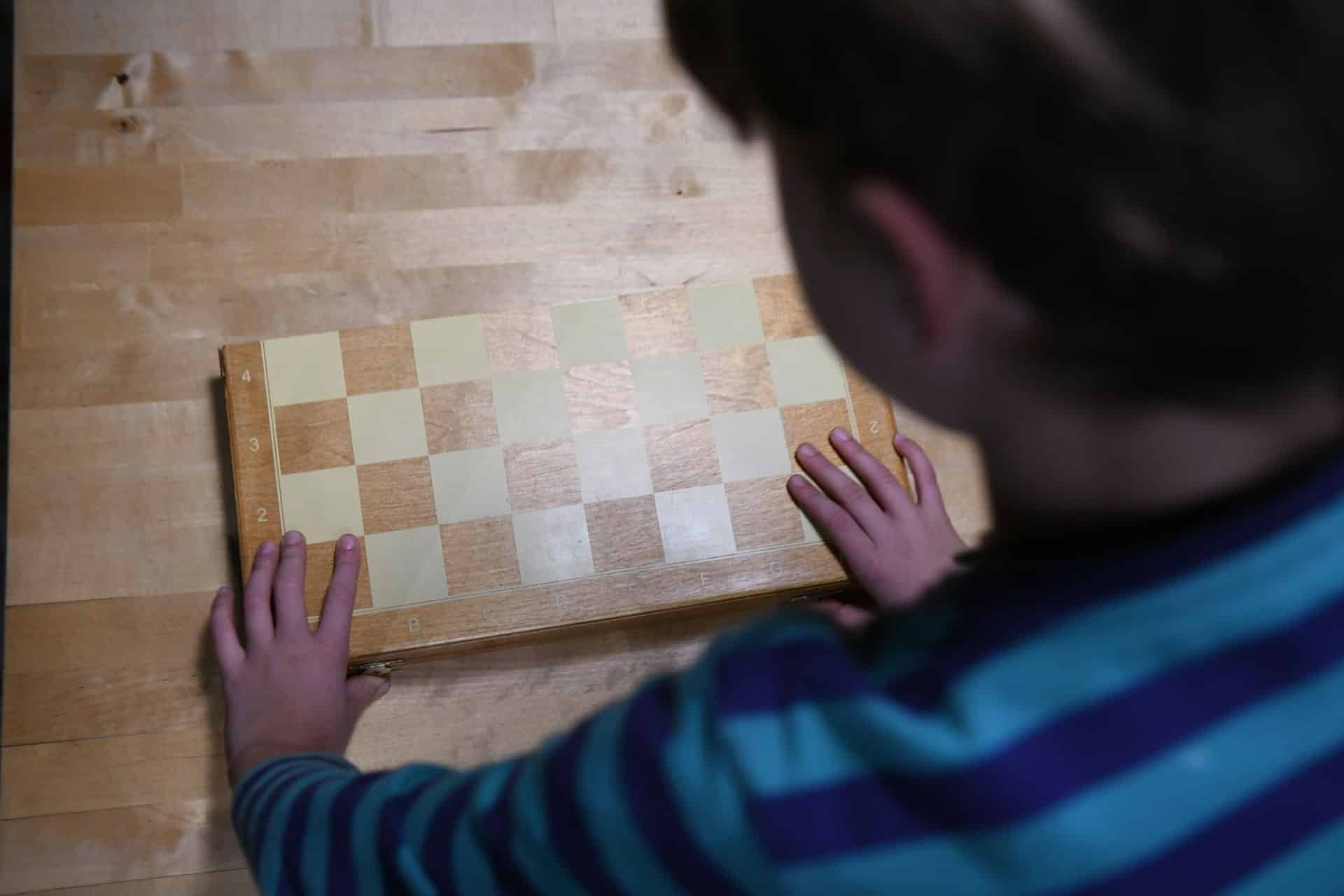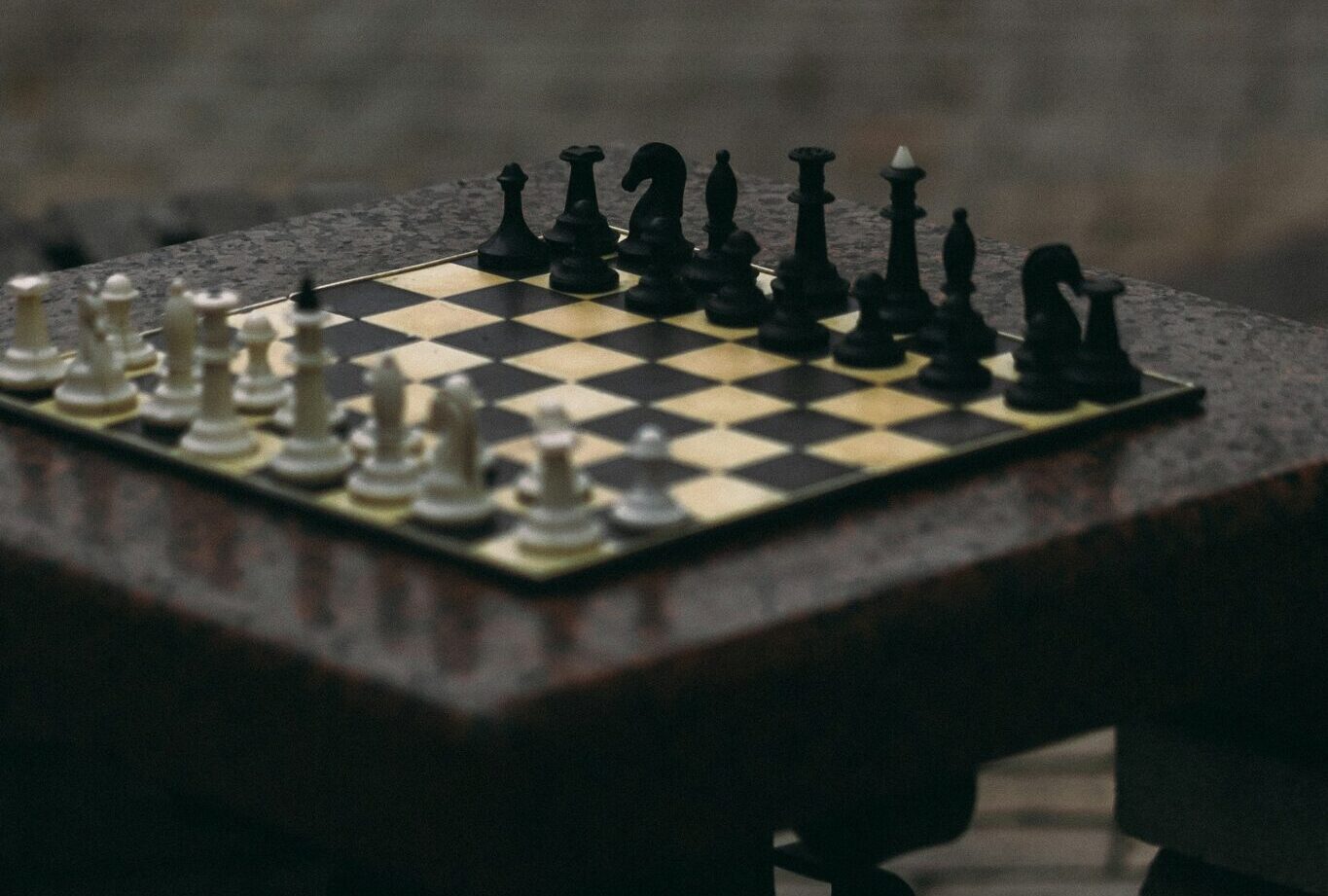Improving your chess strategy can seem daunting, but with the right techniques and resources, you can elevate your game significantly. Many game boosting websites offer valuable insights and tools to help players of all levels refine their strategies, solve complex problems, and learn from the masters. In this article, we will explore various game improvement techniques that you can incorporate into your chess practice to achieve better results.
Table of Contents
Analyze Your Games Thoroughly
A critical step in improving your chess strategy is analyzing your past games. Reflecting on your losses and wins can uncover patterns and highlight areas for improvement. Here’s how to do it effectively:
- Identify Key Moments: Pinpoint turning points in your games where the tide shifted, such as blunders or missed opportunities.
- Use Chess Engines: Tools like Stockfish or Leela Chess Zero can provide deep analysis, offering alternative moves and evaluations.
- Learn from Mistakes: Categorize your errors (e.g., tactical, strategic, or time management) to focus your study.
Study Master Games for Inspiration
Learning from the greats is a time-tested method for improving your game. Focus on the following:
- Select Relevant Games: Choose games that align with your playing style or areas you wish to improve.
- Annotated Games: Study games with annotations to understand the reasoning behind each move.
- Replay and Reflect: Use chess software to replay famous games, pausing to consider what moves you would make and why.
Diversify Your Opening Repertoire
Expanding your opening knowledge can help you enter the middle game with a strong position. Consider these strategies:
- Learn Core Principles: Understand the objectives of major openings, such as controlling the center and developing pieces.
- Practice Variations: Experiment with different lines within each opening to understand their strengths and weaknesses.
- Adjust to Opponents: Adapt your openings based on your opponent’s style and the typical responses you encounter.
Solve Tactics Puzzles Regularly
Tactical acuity is essential for chess success. Incorporate tactics training into your routine by:
- Daily Practice: Solve puzzles every day to keep your tactical skills sharp.
- Increase Complexity: Gradually increase the difficulty of the puzzles you tackle to push your limits.
- Analyze Solutions: Understand why the solution works and how to apply similar patterns in your games.
Master Endgame Fundamentals
A solid understanding of endgame principles can turn potential draws into wins. Focus on:
- Basic Endgames: Study common endgames like king and pawn versus king, and rook endgames.
- Principle of Opposition: Learn key concepts such as opposition and triangulation to outmaneuver your opponent.
- Practical Drills: Use online tools or chess software to practice endgames and test your knowledge.
Play Consistently and Review
Consistent play and review are crucial for improvement. Implement these practices:
- Regular Play: Participate in both online and over-the-board games to gain experience.
- Post-Game Analysis: Review each game immediately after playing, while the moves are still fresh in your mind.
- Join Tournaments: Engage in competitive play to test your skills under pressure and identify areas for growth.
Leverage Chess Literature and Online Courses
Chess books and online courses can provide structured learning paths. Consider:
- Classic Books: Read works by authors like Garry Kasparov, Mark Dvoretsky, and Jeremy Silman for in-depth insights.
- Interactive Courses: Use platforms like Chessable to engage in courses that employ spaced repetition for better retention.
Seek Guidance from a Chess Coach
A chess coach can provide tailored advice and accelerate your learning process. They can help with:
- Personalized Feedback: Identify and work on specific weaknesses in your play.
- Structured Training: Develop a training plan that focuses on your goals and areas of improvement.
- Regular Sessions: Consistent coaching sessions can provide motivation and accountability.
Conclusion
Improving your chess strategy involves a comprehensive approach that includes game analysis, studying master games, expanding your openings, and consistent practice. Use these techniques to enhance your understanding of the game and climb the ranks. Embrace continuous learning, utilize resources from game boosting websites, and engage with the chess community to keep your skills sharp and stay competitive.





